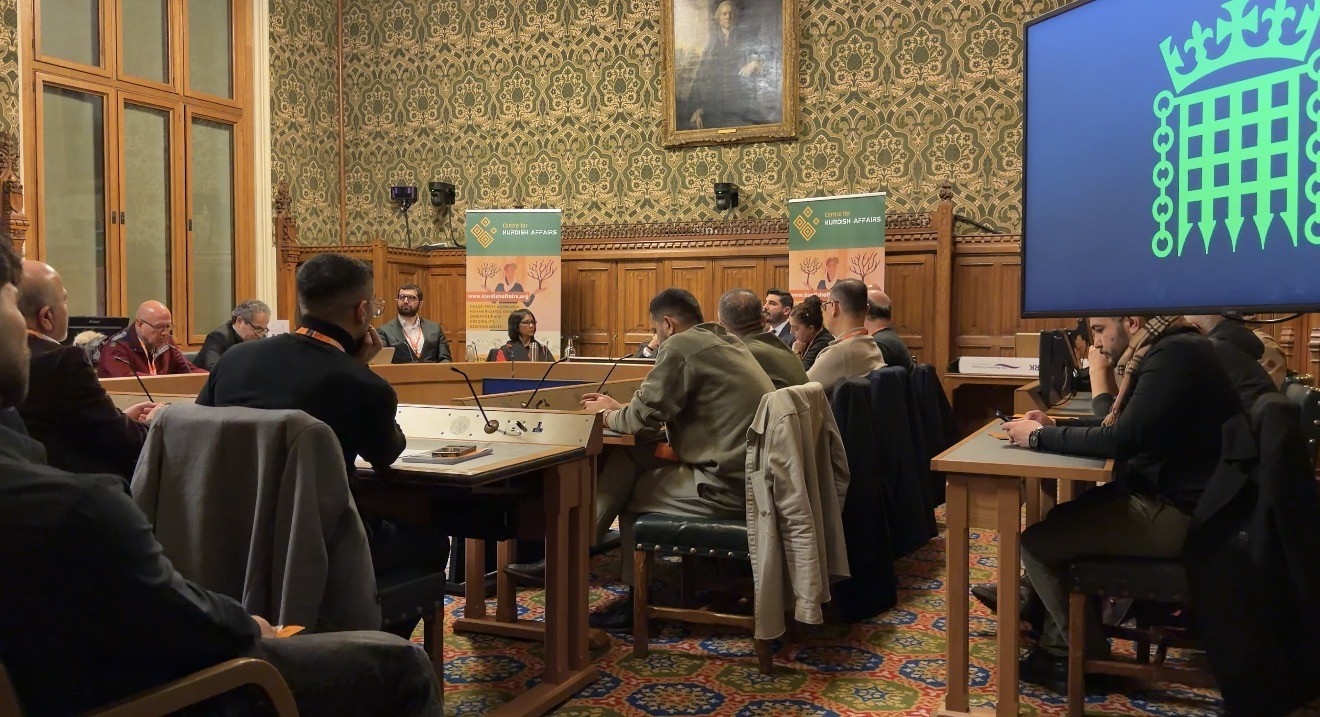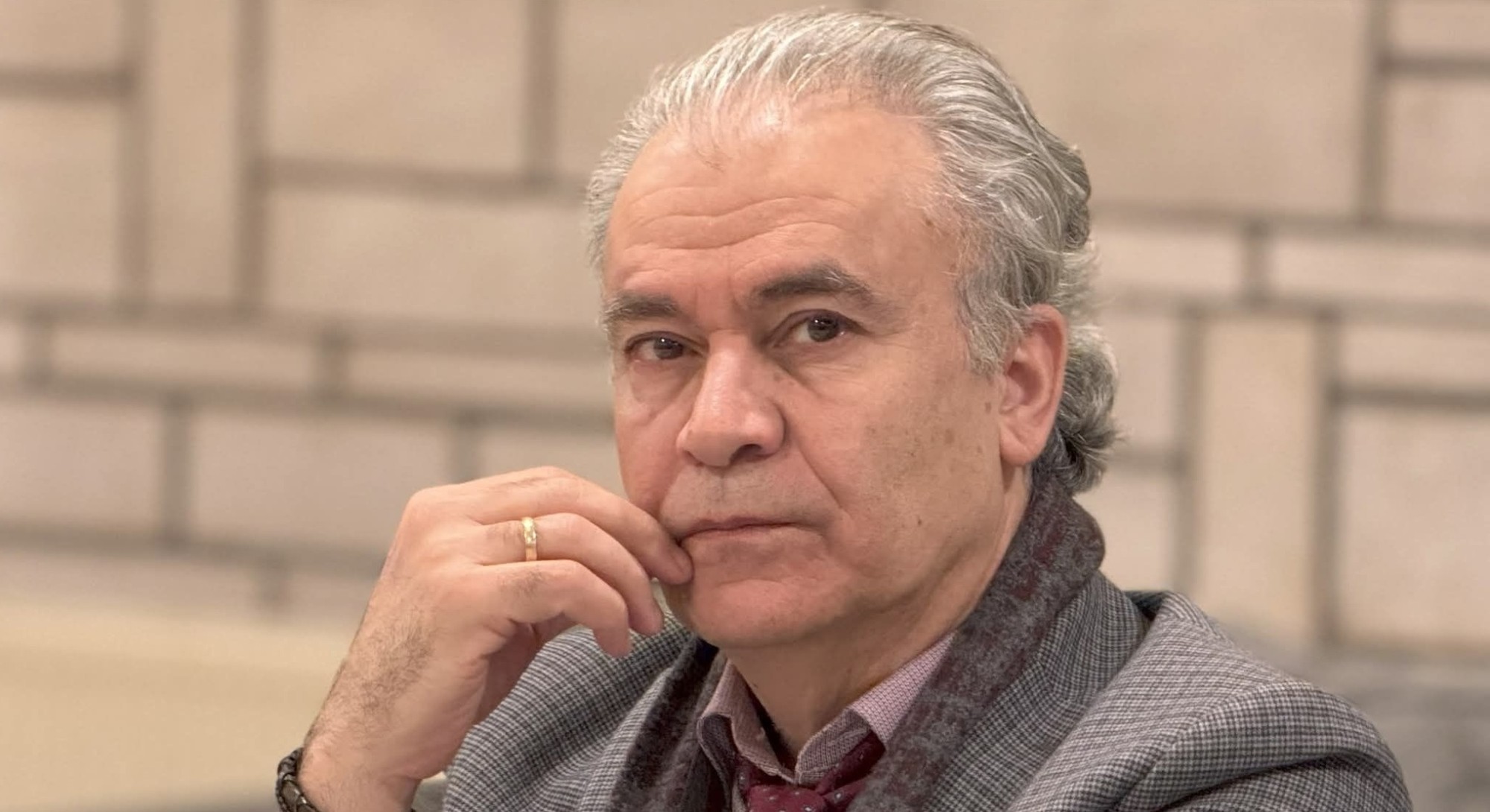Kurdistan Region President Nechirvan Barzani on March 3, signed a decree that will pave the way for general elections to take place on June 10, 2024, after they were delayed several times since October 2022.
“The Kurdistan Region’s parliamentary elections have been delayed due to the political deadlock between the two main parties, the Kurdistan Democratic Party (KDP) and the Patriotic Union of Kurdistan (PUK). The main issues of contention were power sharing, the PUK’s internal problems, and the reform of Kurdistan’s electoral law,” Yerevan Saeed, Director of the Global Kurdish Initiative for Peace at American University, told Kurdistan Chronicle.
Iraq expert Joel Wing also added that “the elections have been delayed due to disputes between the KDP and PUK. The PUK has been filing lawsuits to try to delay the vote because they have been eclipsed by the KDP.”
“The KDP wants the balloting to happen as soon as possible to cement its control over the KRG,” he told Kurdistan Chronicle.
‘Unjust’ rulings
In addition, several court rulings of the Federal Supreme Court of Iraq have undermined the Kurdistan Region’s institutions and parliament, further delaying the elections.
For instance, on May 30 the Federal Supreme Court of Iraq ruled against the extension of the Kurdistan Region Parliament. In addition, on February 21 the Court abolished eleven quota seats for Turkmen, Christians, and Armenians, and reduced the Parliament’s seats to 100.
The ruling against the quota seats in the Kurdistan Region occurred despite the fact that during the last Iraqi provincial council elections on December 18, 2023, there were also 10 quotas allocated for Iraq’s religious communities.
“The removal of the quotas for minorities will mean those communities will not have a real say in future Kurdistan governments,” Wing added.
“The Federal Supreme Court of Iraq’s ruling to abolish the quota seats for minorities in the Kurdistan Region was misguided because it is likely to reduce the political representation of the Christian and Turkmen communities, who are vital parts of the Region’s diverse population,” Saeed said.
“The Court should have instead looked for ways to guarantee their fair participation in the electoral process.”
Statement of the Kurdistan Democratic Party (KDP) Political Bureau on the recent rulings by the Federal Supreme Court.https://t.co/cRDWFfx0eI
— KDP ForeignRelations (@kdpfro) March 6, 2024
The Political Bureau of the KDP on March 5, 2024, said the Court’s decision, “which we consider unjust, violates the constitutional rights of the Kurdistan Region, the principles of federalism, and the separation of powers enshrined in the Iraqi constitution.”
“The Federal Supreme Court’s recent decisions aimed to diminish the Kurdistan Region’s powers and institutions, enabling federal authorities to misuse constitutional powers,” the KDP stated.
“This goes against the constitution, which recognizes the legitimacy of the region’s legislative, executive, and judiciary branches. The court’s ruling on the Kurdistan Parliamentary Election Law, by altering the law which falls under the legislature’s jurisdiction, represents a clear violation of constitutional principles.”
Let us go for a free and fair Kurdistan Regional Election on 10 June 2024 to re- legitimize our institutions and put an end to the continued violations of our federal & democratic rights by some unconstitutional power in Baghdad .
— Hoshyar Zebari (@HoshyarZebari) March 3, 2024
Restoring Kurdistan’s legitimacy
Despite discontent over the rulings of the Federal Supreme Court of Iraq, Kurdish officials and experts hope that the elections will help defend the Kurdistan Region’s legitimacy.
“Let us go for a free and fair Kurdistan Regional Election on 10 June 2024 to re-legitimize our institutions and put an end to the continued violations of our federal and democratic rights by some unconstitutional power in Baghdad,” Hoshyar Zebari, the former Iraqi Foreign Minister and a senior KDP official, posted on X on March 3.
Sierwan Najmaldin Karim, President of the Washington Kurdish Institute, told Kurdistan Chronicle that elections are crucial for government legitimacy. “Postponing them may open doors for Baghdad and Tehran to interfere in Kurdish affairs.”
“While the KDP supports timely elections, other parties might hesitate due to potential losses. Designating June 10 for parliamentary elections is a positive move to sustain Kurdistan’s advanced democracy.”
Saeed also added that holding elections would represent a positive step forward for the Kurdistan Region.
“Especially since the Kurdistan Region’s political and institutional legitimacy is currently in question, and public trust in the government is minimal, the elections provide an opportunity to restore some public trust in the political system – even if temporarily – which is crucial for effective governance,” he said.
“Also, the election could reshape the political landscape of the Kurdistan Region, with the potential emergence of new political parties and increased competition for parliamentary seats.
The new election date was welcomed by the UN and most of the Western diplomatic missions in Iraq and the Kurdistan Region, including Germany, the United States, the Netherlands, Italy, and France.
We very much welcome the announcement of the election date on June 10th by @IKRPresident
— Netherlands in Kurdistan Region (@nlinkri) March 3, 2024
Free and fair elections are as oxygen to a fire for any democracy. https://t.co/NbBxFXfQR0
“The Netherlands is happy with President Nechirvan Barzani’s announcement of the Kurdistan Region’s parliamentary elections,” Dutch Consul General to Erbil Jaco Beerends told Kurdistan Chronicle on March 4.
“Elections are a benchmark moment for any democracy and will give people in the Kurdistan Region a chance to give direction to their political leadership.”
UN Deputy Special Representative of the Secretary-General (Political) Claudio Cordone in a post on X added that he looks forward to “no more obstacles.”
“UN Iraq is ready to continue to provide its support as requested,” he added.
Discussion today with KRI President Chief of Staff @Fawzi_Hariri and advisors @kurdistanregion on the preparations for the KRI elections on 10 June. @Uniraq is fully committed to support @IHECOfficial and KRI authorities in this effort. pic.twitter.com/VEv2Ydy075
— Claudio Cordone (@claudio_cordone) March 6, 2024
On March 6, Cordone met with officials of the Kurdistan Region’s Presidency and discussed preparations for the June 10 elections.
Dr. Zmkan Ali Saleem, Associate Fellow at Chatham House, told Kurdistan Chronicle that “Western allies of Iraqi Kurds welcome the announcement of the election date because they understand the link between popular legitimacy and the survival of the Kurdistan Region as an entity in the future.”
“I think it is quite positive from the view of legitimacy of the region’s governing institutions. The elections will allow the KRG to regain its political and legal standing in the eyes of Baghdad, as well as the international community. But all that depends on whether the main winners of the elections, likely the KDP and the PUK, will work together and give a chance to institutions to play a role in the future of the region.”
Additionally, Saeed added that Western countries anticipate that the elections will “contribute to a more cohesive Kurdistan Region and consequently, a stronger and more unified Kurdish voice, which they view as essential for safeguarding Kurdistan’s hard-earned political and constitutional rights.”
“However, it’s worth noting that elections in partially developed democracies often result in further divisions, post-election negotiations over government formation, and even a dysfunctional government, rather than the intended positive outcomes. Nonetheless, conducting elections, albeit imperfectly, is preferable to delaying them, as it represents the only viable path toward progress and change.”

